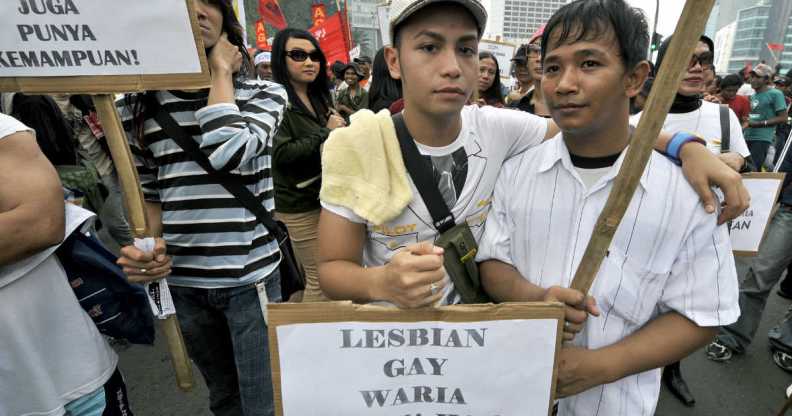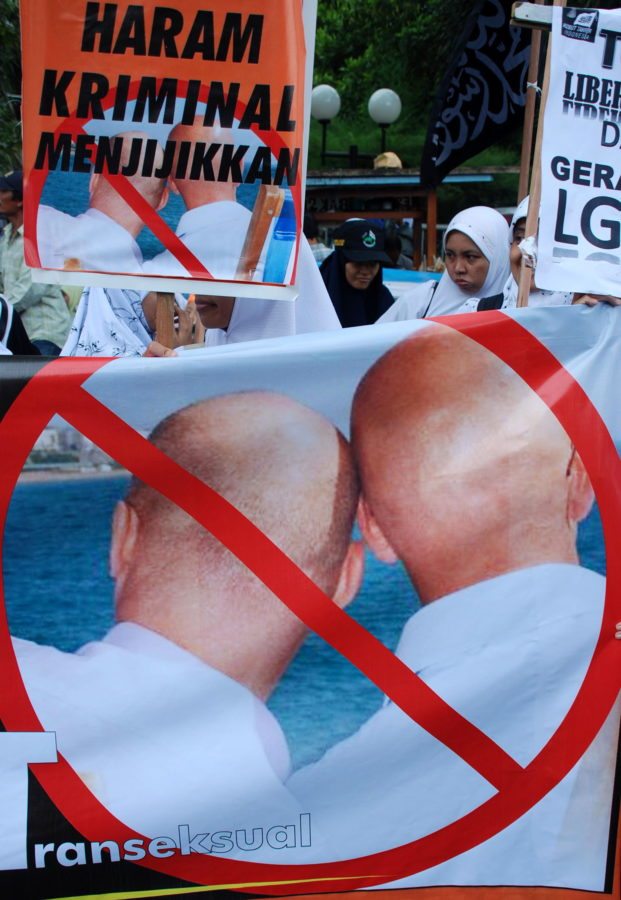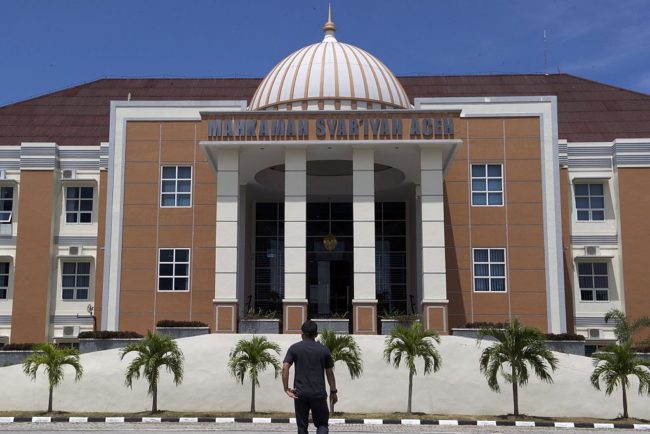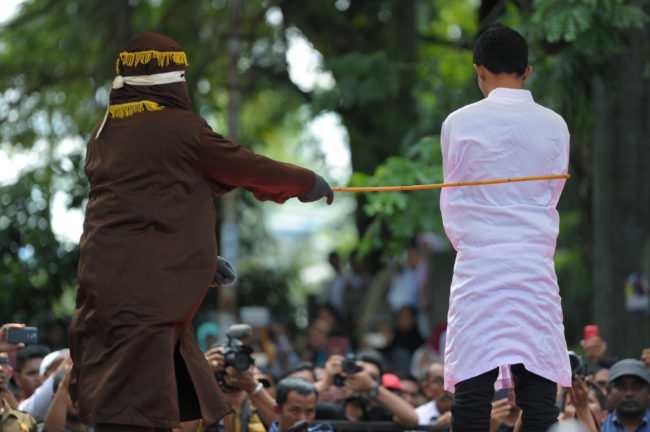Indonesia’s plans to criminalise homosexuality put on hold

(Getty)
Indonesia‘s LGBT+ community has been granted a temporary reprieve by the government as a bill to criminalise homosexuality has been put on hold.
The bill, which was initially tabled for legalisation in February, will be put on hold for another “two to three months” so that the general public can offer its feedback on the legislation, said National Democratic Party legislator Teuku Taufiqulhadi.
“We are giving more time in the next two or three months for the public to provide feedback on the bill to us,” Taufiqulhadi told The Bangkok Post.
However, it appears that deeper issues with the bill are at hand.

(Getty)
After the initial draft of the bill was released earlier this year, a national outcry over more controversial articles in the bill led to the legislation being put on hold.
Constitution III, which is responsible for ratifying the legislation, still has to approve several elements of the bill before it can be made legal.
With this in mind, it appears that the delay will only grant a temporary reprieve to the LGBT+ community, especially as the bill has garnered support from all 10 of the major political parties in the country.
There has been a dramatic turn against LGBT+ rights in Indonesia over the last 18 months.
In 2016, Indonesian President Joko “Jokowi” Widodo spoke in favour of LGBT+ rights, and said that “there should be no discrimination against anyone,” reports Human Rights Watch.
The Indonesian Supreme Court also blocked a bill to criminalise homosexuality in 2016.

In spite of the president’s apparent support for the community, a series of high-profile politicians have recently lambasted the LGBT+ community, including Defense Minister, Ryamizard Ryacudu, who said that the proliferation of LGBT+ people was “more dangerous than a nuclear war.”
In Aceh – the province where Taufiqulhadi is from – two men were caned in public 86 times for “practising homosexual conduct.”
And in a recent move, the province said that it would no longer cane gay men in public, but behind closed doors.

(Getty)
While a nationwide survey in 2016 saw 50 percent of respondents saying that they wouldn’t want an LGBT+ person as a neighbours, 50 percent also agreed the government should ensure that LGBT+ people’s rights are protected.
“The majority of citizens also object if an LGBT person becomes a government official, such as a mayor, governor, or president,” Ade Armando, the director of the poll, told the Bangkok Post.
“Even though the public the public views LGBT people negatively and is being discriminatory by refusing to support them becoming public officials, the public does not discriminate when it comes to LGBT+ people living as regular citizens.”

